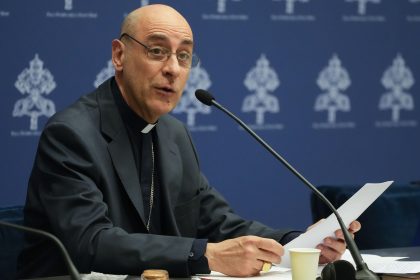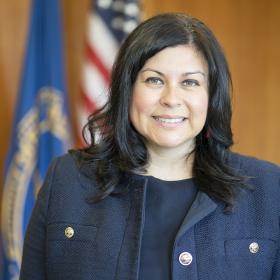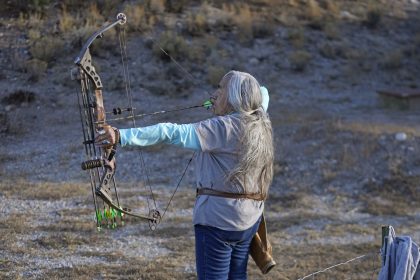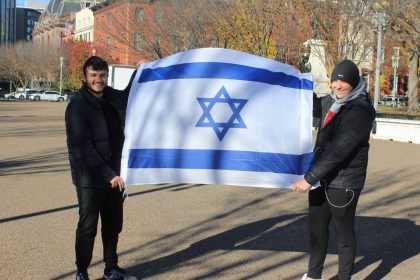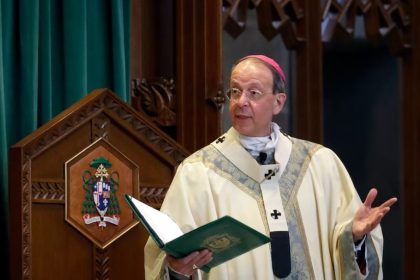Employers Grapple with Religious Exemptions Claims for Vaccine Mandates
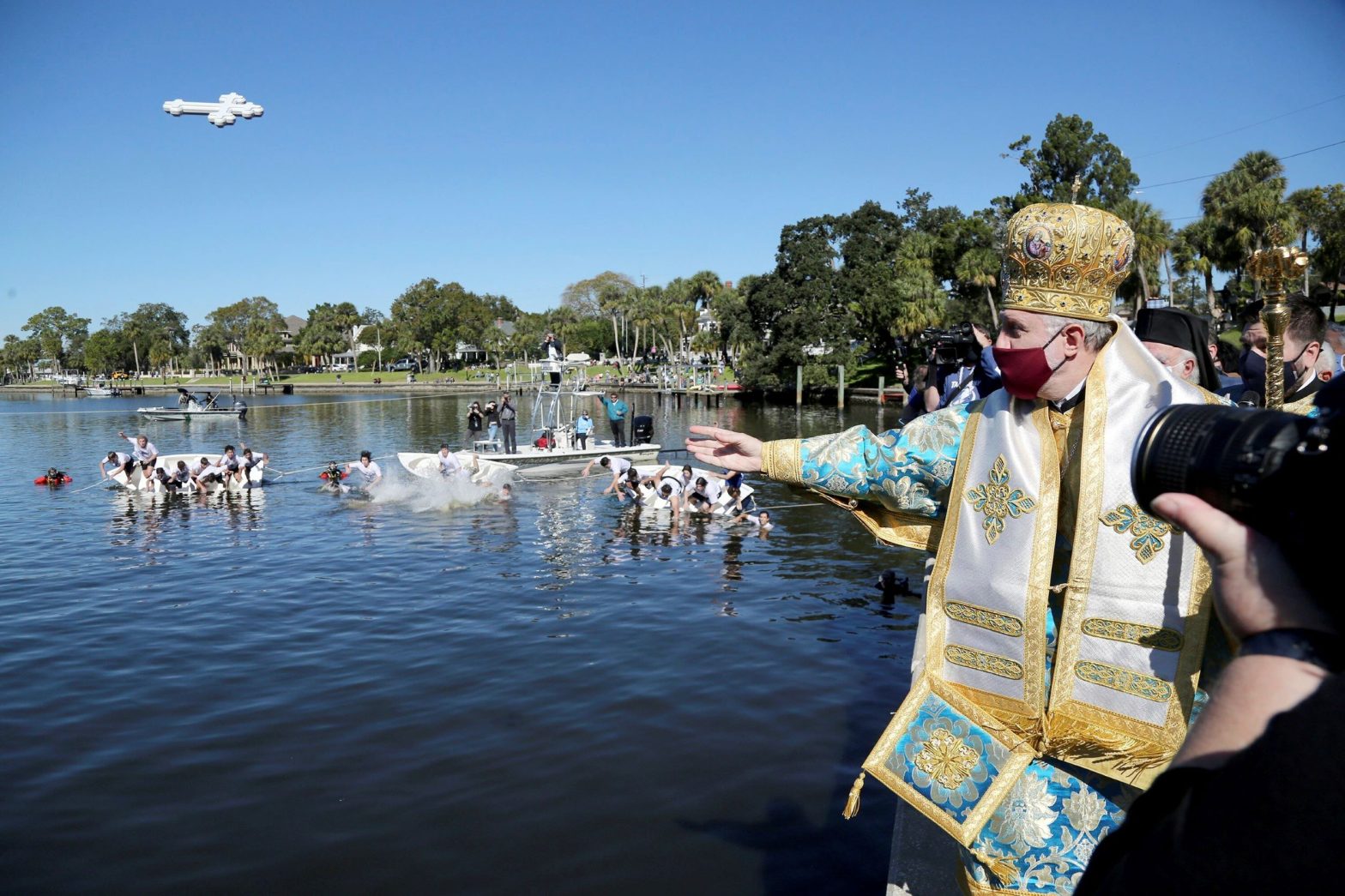
The Biden administration announced vaccine mandates that will affect employers with over 100 employees, and now religious exemption requests are pouring in from those who claim that a sincerely held belief keeps them from receiving a vaccine.
“The minute after the president announced the new mandate, many governors announced they were going to court. I think there will be substantial litigation based on claims of religious liberty. We haven’t seen the exact language of the regulation, and we don’t exactly know what it will say, but it will allow for testing in lieu of vaccinations,” said Wendy Parmet, professor of Law and professor of Public Policy and Urban Affairs at Northeastern University in Boston, Massachusetts.
Title VII of the 1964 Civil Rights Act gives workers the right to seek an exception to a vaccination mandate based on their religious beliefs.
The administration’s vaccine mandate offers employers the option to allow employees who request a medical or religious exemption to take routine COVID-19 testing instead of receiving a vaccine.
However, employers do not necessarily have to provide a religious exemption. A Supreme Court decision from 1977, known as TWA v. Hardison, gives an employer the ability to deny a religious exemption if it imposes a large burden on daily operations.
There is no standard or universal definition for religious exemptions, and they have typically been applied to vaccines required for school or daycare entry, and not workplace requirements.
“Most established religions have no objections to vaccinations in general, particularly the COVID-19 vaccine,” said Parmet.
In fact, many religions have clear positions supporting vaccination, including Catholicism, Jehovah’s Witness, Judaism, Buddhism, and Hinduism.
The only known religion to technically oppose vaccinations is the Church of Christian Scientists, who believe in spiritual healing and frequently deny some or all medical help for disease.
“Someone can have a sincere religious objection to vaccines even if it’s not consistent with an established religious doctrine. The test is a sincerity test, not about orthodoxy,” said Parmet.
“If the employer applies the test too strictly, they can get into constitutional or statutory trouble, as they could be denying someone who has a right to the exemption. But if anyone can get the exemption, then they have a loophole. Therein lies the problem,” said Parmet.
Employers review the religious exemption requests to identify whether the claim is sincere, which may depend on the rules for each state.
All states except California, Maine, Mississippi, New York, and West Virginia offer non-medical exemptions for religious and philosophical reasons.
In Maine, nine employees are suing the state to demand a religious exemption as it is not currently allowed in the state.
In New York, seventeen health professionals are suing the state because the mandate does not include the option of religious exemption.
Last week, a federal judge issued a restraining order to block the New York State Department of Health from interfering with employers granting religious exemptions to its vaccine mandate.
The ruling is one of many legal actions that will set the stage for how employers should handle faith-based claims for vaccine exemption and government mandates.
“Courts have consistently upheld the decision by states such as California or New York to get rid of religious exemptions. What is different now is, on one hand, we have a new Supreme Court that is very supportive of religious liberty, and the second is we can’t forget that everything relating to COVID-19 has become so politicized and controversial, and I see that playing out in all the litigation being brought up right now,” said Parmet.
United Airlines also recently sent an internal memo to employees that those who work in customer-facing jobs need to be vaccinated or they will be terminated.
Even in cases where religious exemption is approved, the United employee would still be put on a temporary, unpaid personal leave without a testing option.
While an employer not providing a COVID-19 testing accommodation might seem to violate the Occupational Safety and Health Administration’s temporary standards for vaccine mandates, United Airlines may have a legal defense under the Religious Freedom Restoration Act from 2014.
The law allowed Hobby Lobby to deny contraception health care coverage based on religious objections from the employers.
“An employer could say that the mandate violates the religious freedom act and that the regulation, depending upon what it says, provides no accommodation for their religious objections,” said Parmet.


















